Youth from disadvantaged schools learn to take responsibility in a four-day fair, organising workshops and performances along various themes.
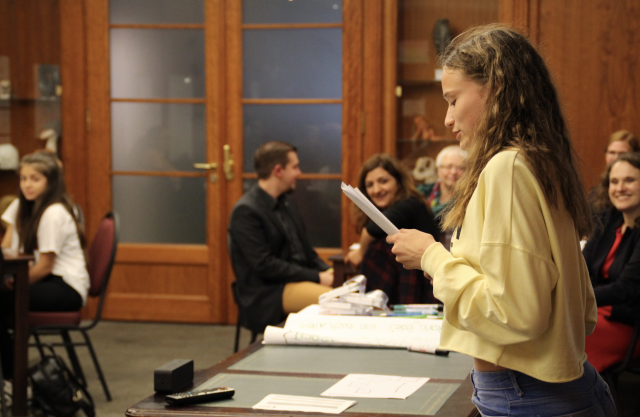

Youth from disadvantaged schools learn to take responsibility in a four-day fair, organising workshops and performances along various themes.
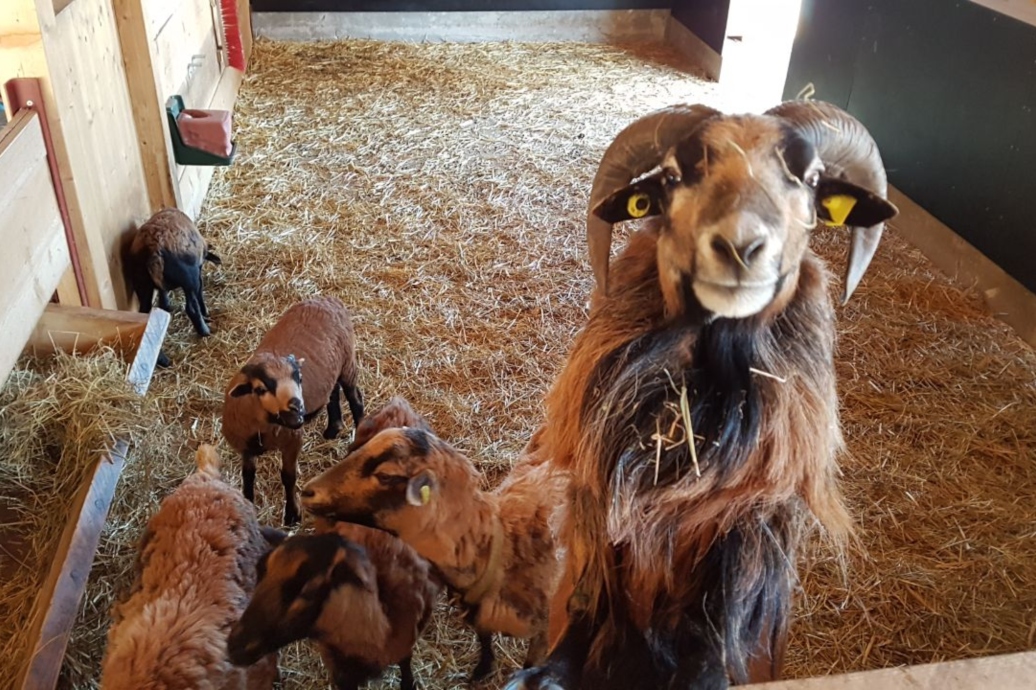
A community in Baden-Württemberg province provides a small, family-run, all-day primary school with a farmyard, acquainting schoolchildren with traditional farming methods and farm animals.

To report a problem in public space, users within this project can log the current location of the device used, specify the street address, or just click on a map of the application.

The City of Mannheim sets the pace for respectful, intercultural urban coexistence, with a round table on diversity management and strategies, such as anonymous application procedures.
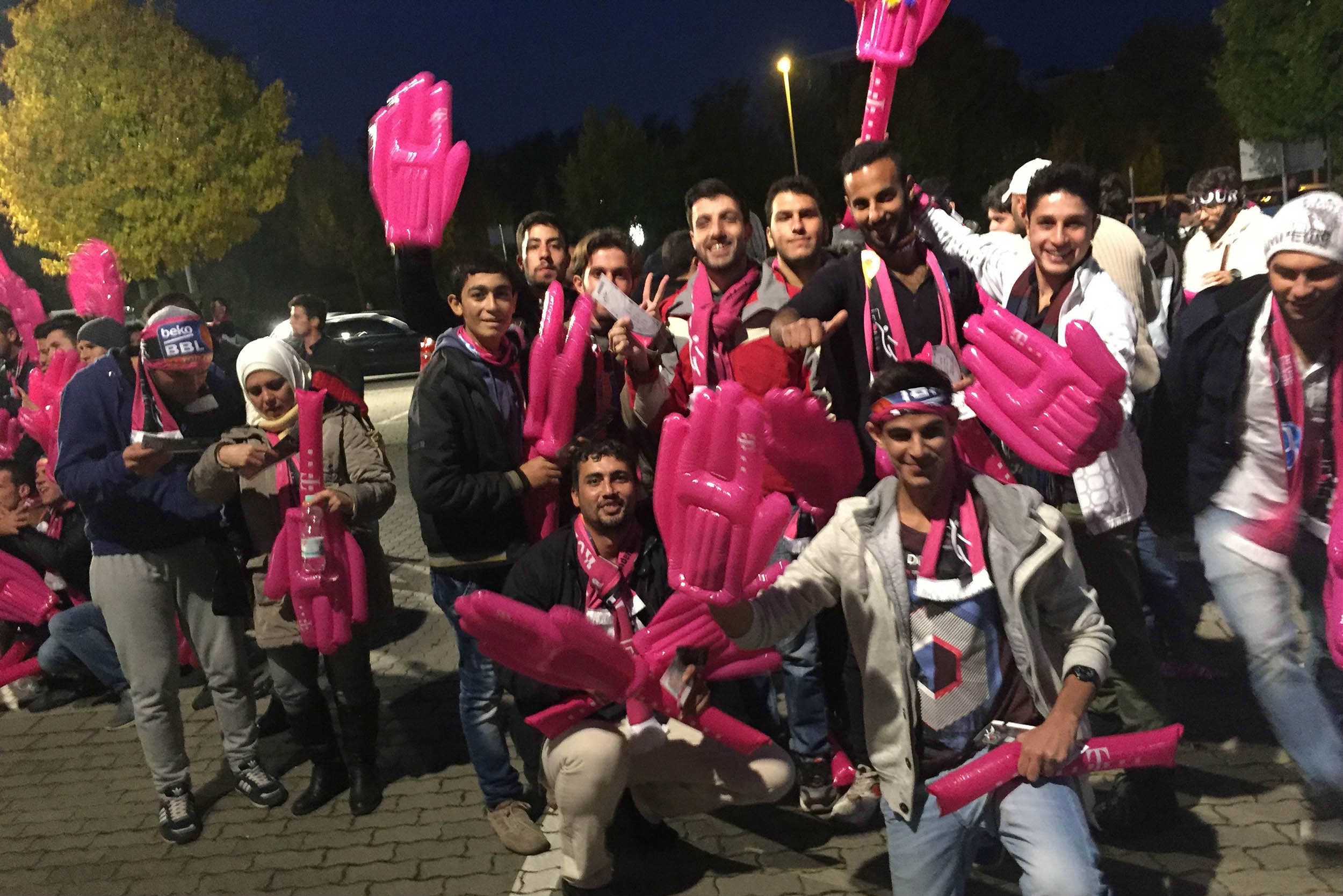
Providing food and hospitality amidst a wave of refugees arriving in this locality in Western Germany makes the new immigrants feel welcome and gives them a fresh start into their new lives.
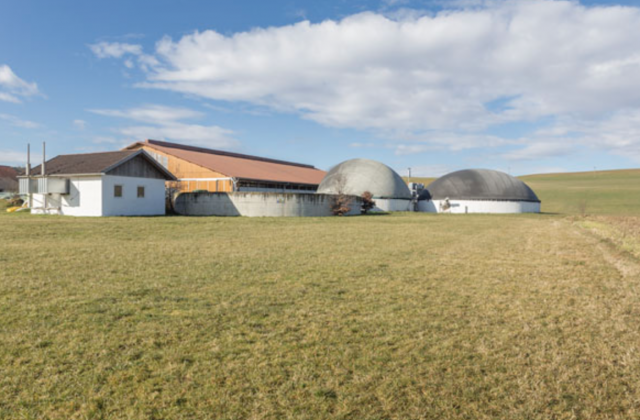
As part of the energy transition towards fossil fuel free production, municipalities join up to create a local power supply company that allows the gradual move to generating and distributing renewable energy in the region.
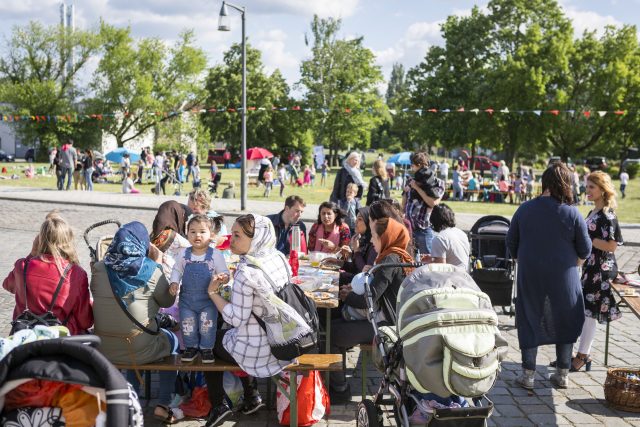
The two cities foster cooperation in diverse dialogue formats with representatives from civil society, the Municipality, the private sector, and citizens, in order to overcome the economic changes affecting the region.
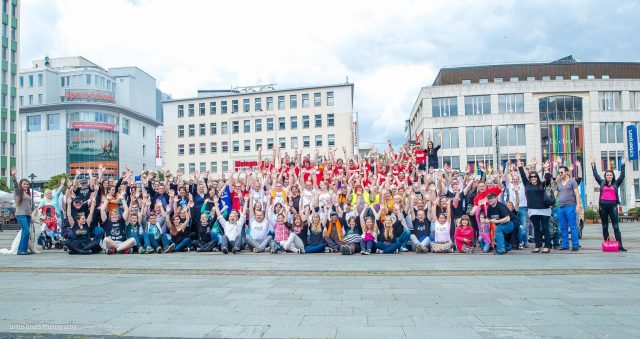
This project started when the citizens of Essen wanted to help each other after a severe storm in 2014, with the initiative becoming a firmly established organisation and an example of how to efficiently organise in the age of social media.
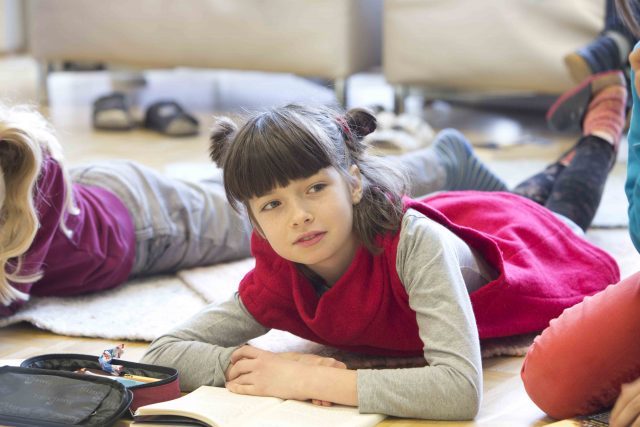
This initiative aims to enable and encourage students to be enthusiastic and creative by establishing a new learning culture, instead of fixating on fulfilling given curricula.
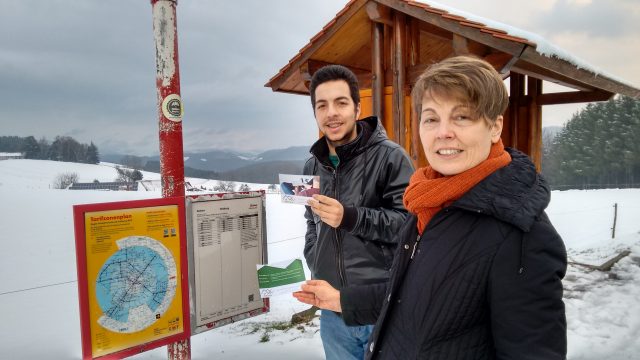
As a result of a survey among youth, a mobile application called TwoGo is created, enabling people to share rides in a rural area of Germany.
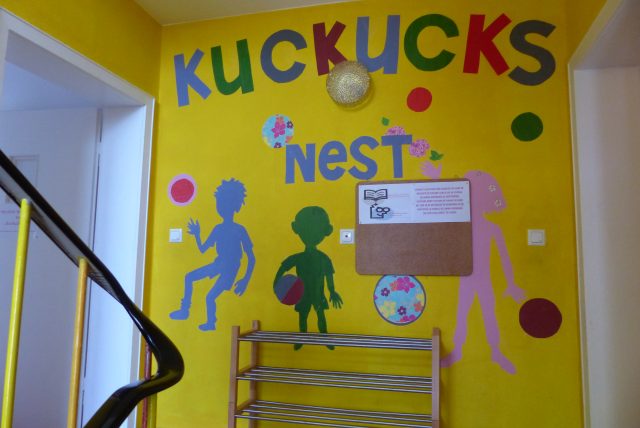
An apartment in a neighbourhood gets converted into a centre which serves the needs of many migratory residents, by offering educational help, care services, language courses, and various other services.
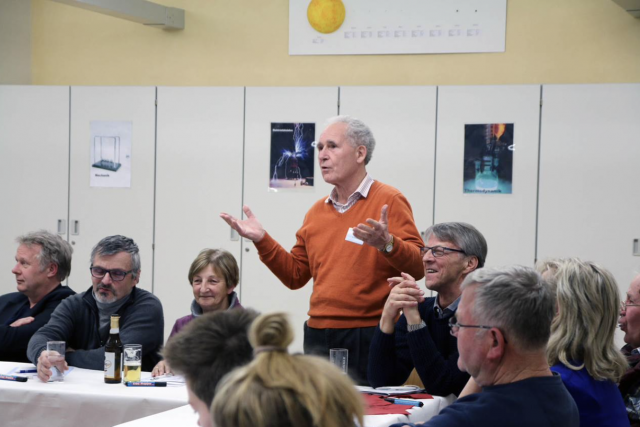
Workshops revitalise the political discourse, starting a direct conversation between citizens and government officials about visions for, and shortcomings within, the region.
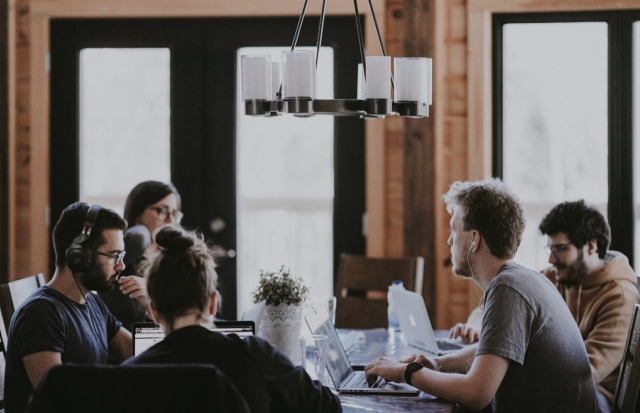
An online platform in Bonn encourages civic participation in a simple manner, on topics ranging from bike pathways, to problem reporting, to budget planning.
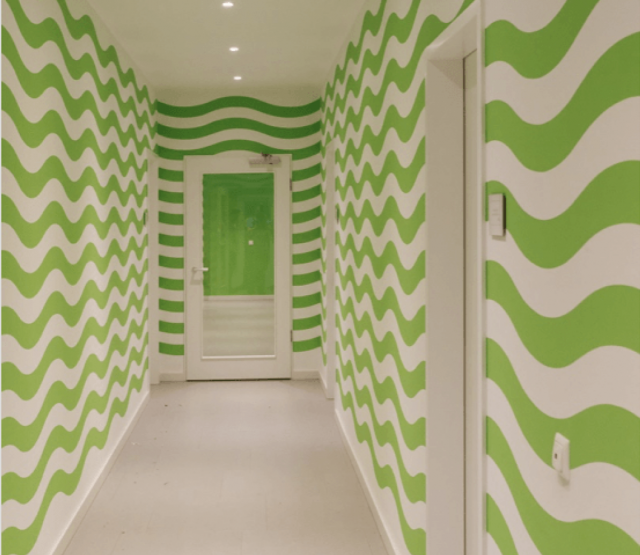
Integrative housing in Munich lets young refugees share a living space with local students, supported by social workers 24/7, with an in-house cafeteria that is open to the surrounding community.
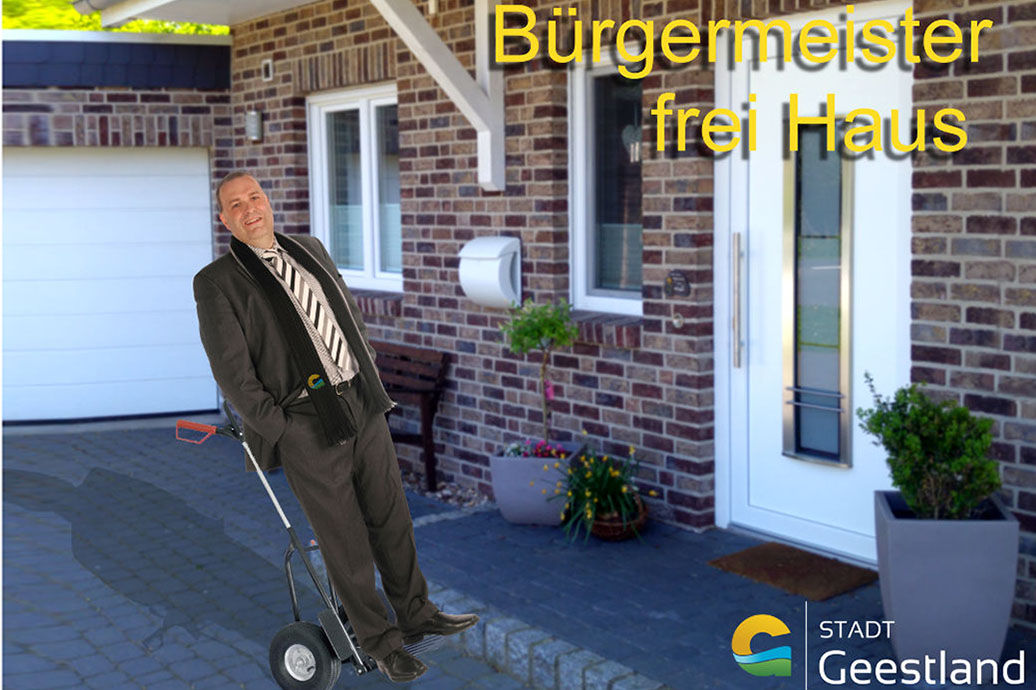
This is the opportunity to invite the Mayor into your living room to discuss citizens’ feedback and to better understand the City’s policies.
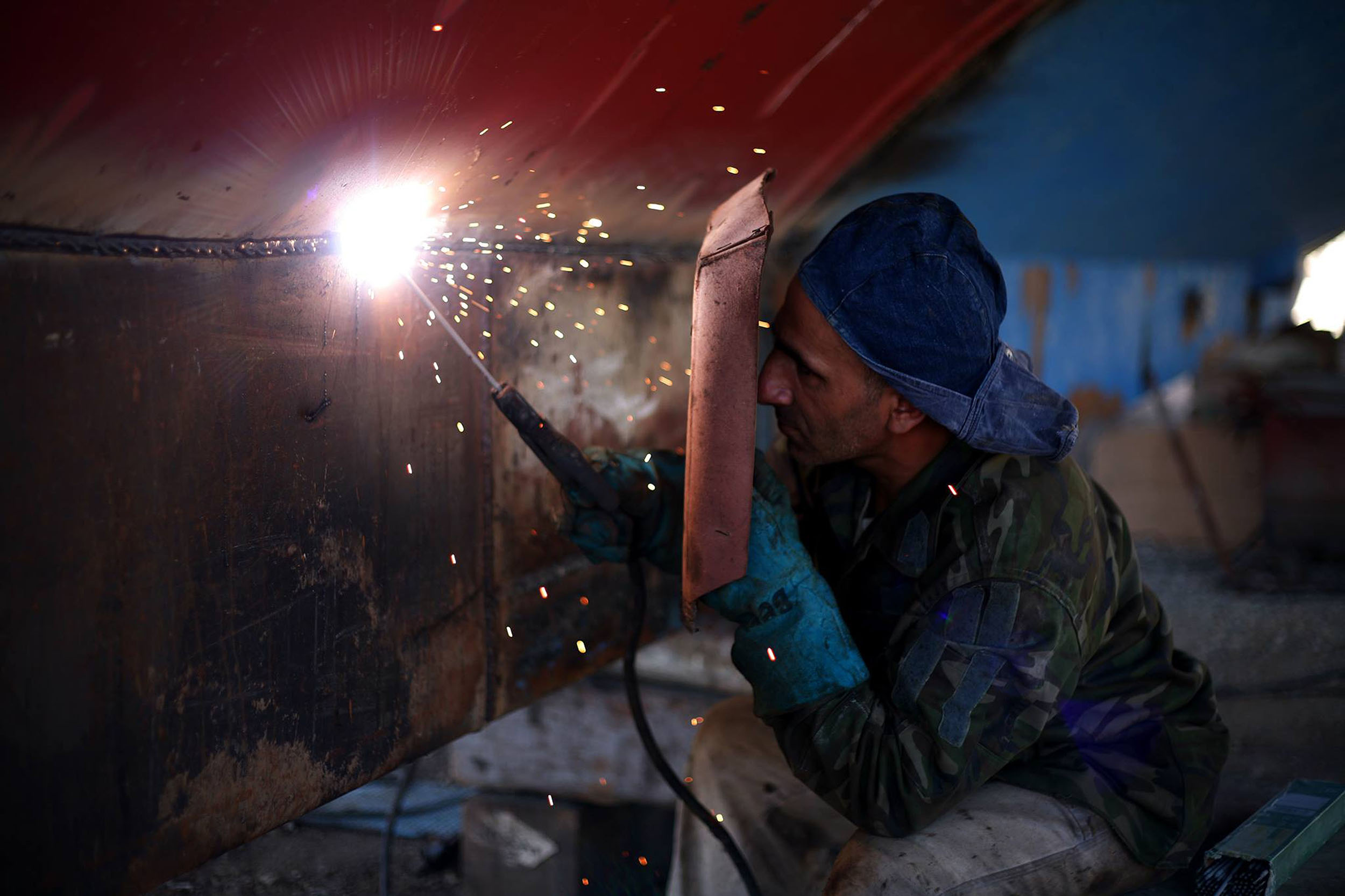
This project organises apprenticeships for refugees, making up for the decline in local applicants.
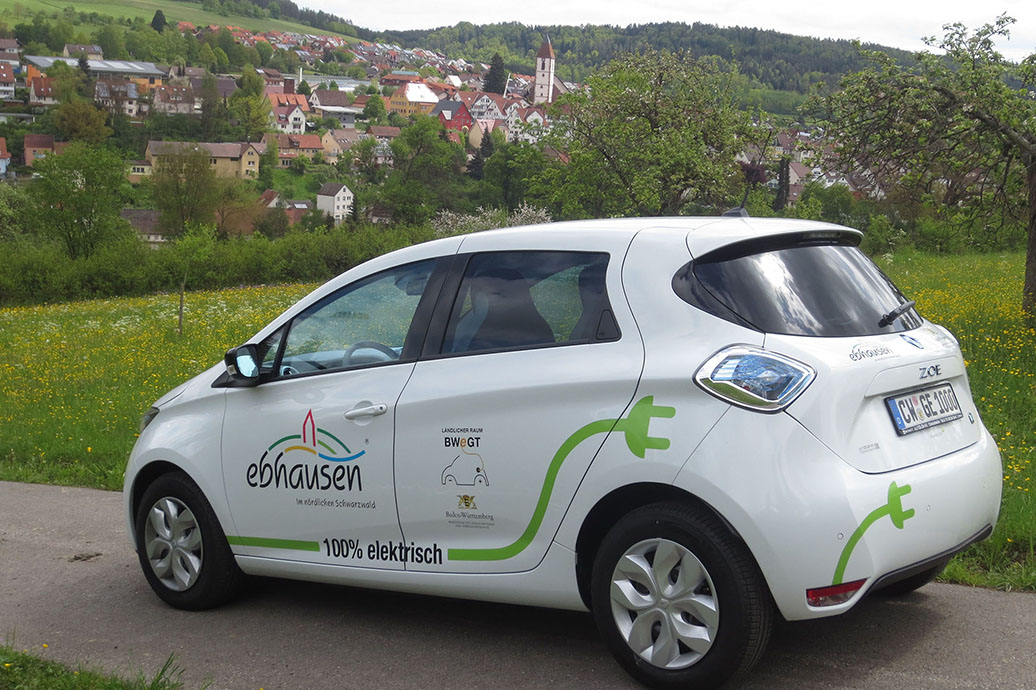
Climate-friendly mobility is instigated by a single electric car, purchased in a small locality for all residents to share.
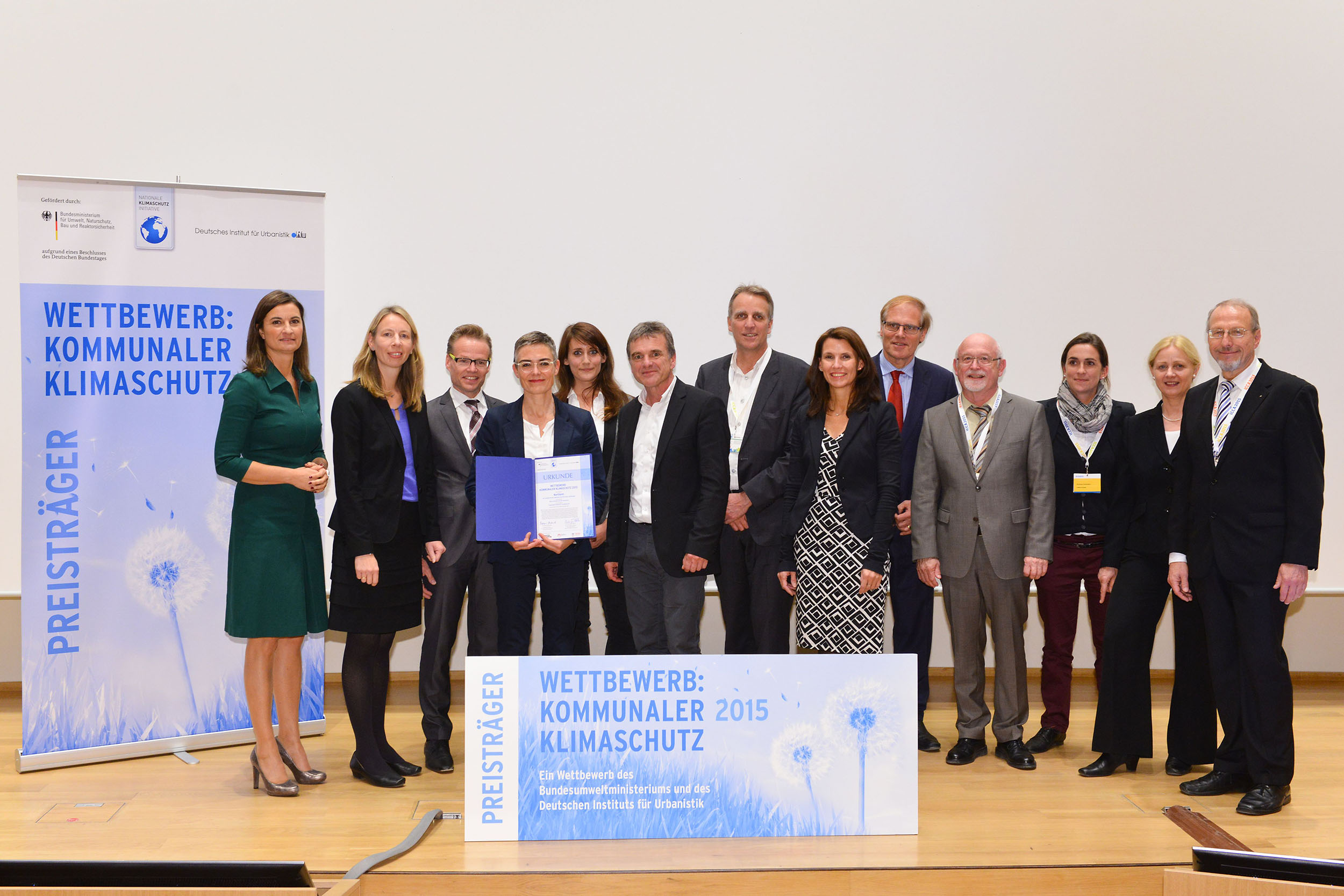
Villages and private households compete to find the most effective energy-saving measures, and to reduce carbon emissions.
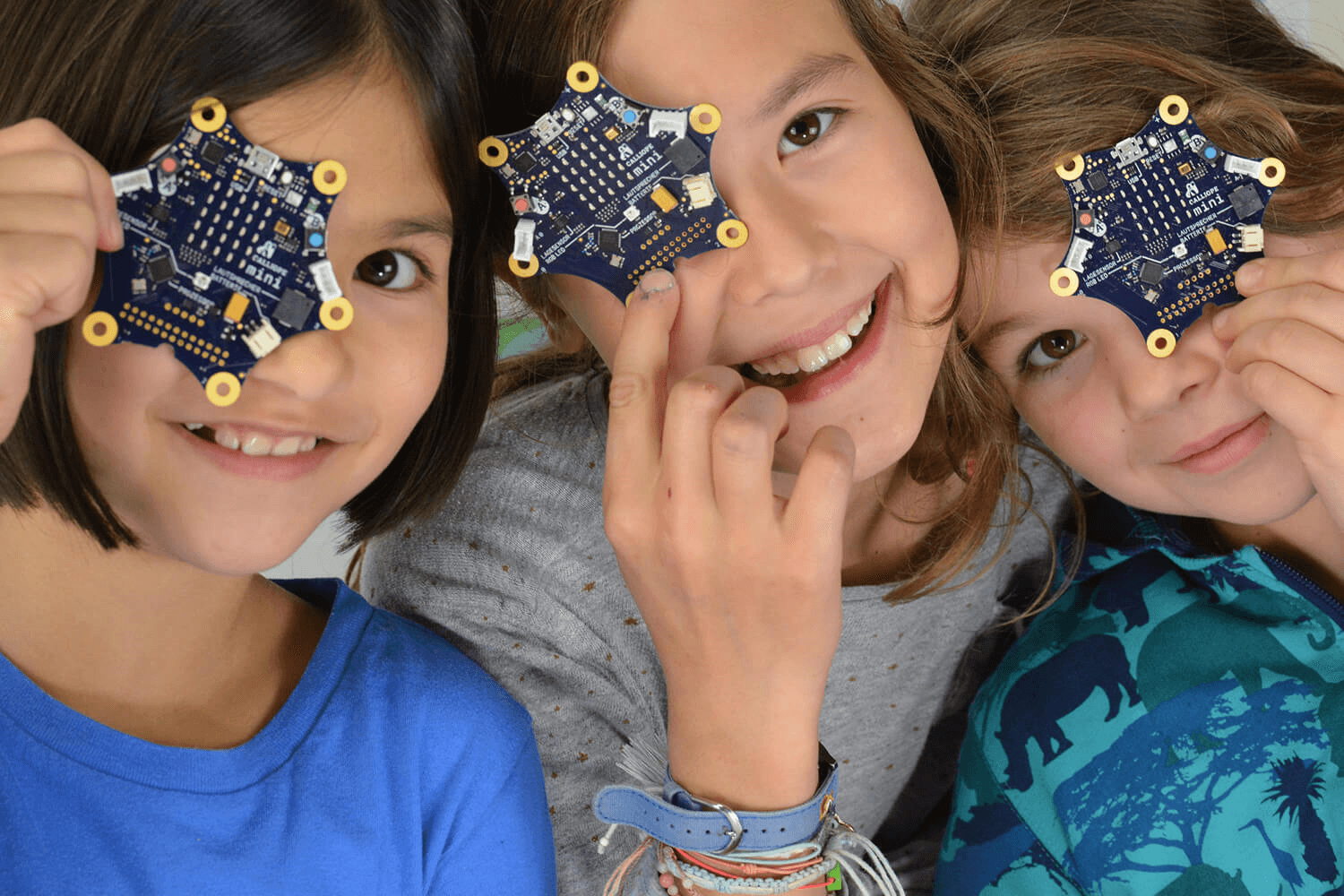
A digital wizard tool provides various opportunities for schoolchildren to do their own programming and explore the world of bits and bytes.
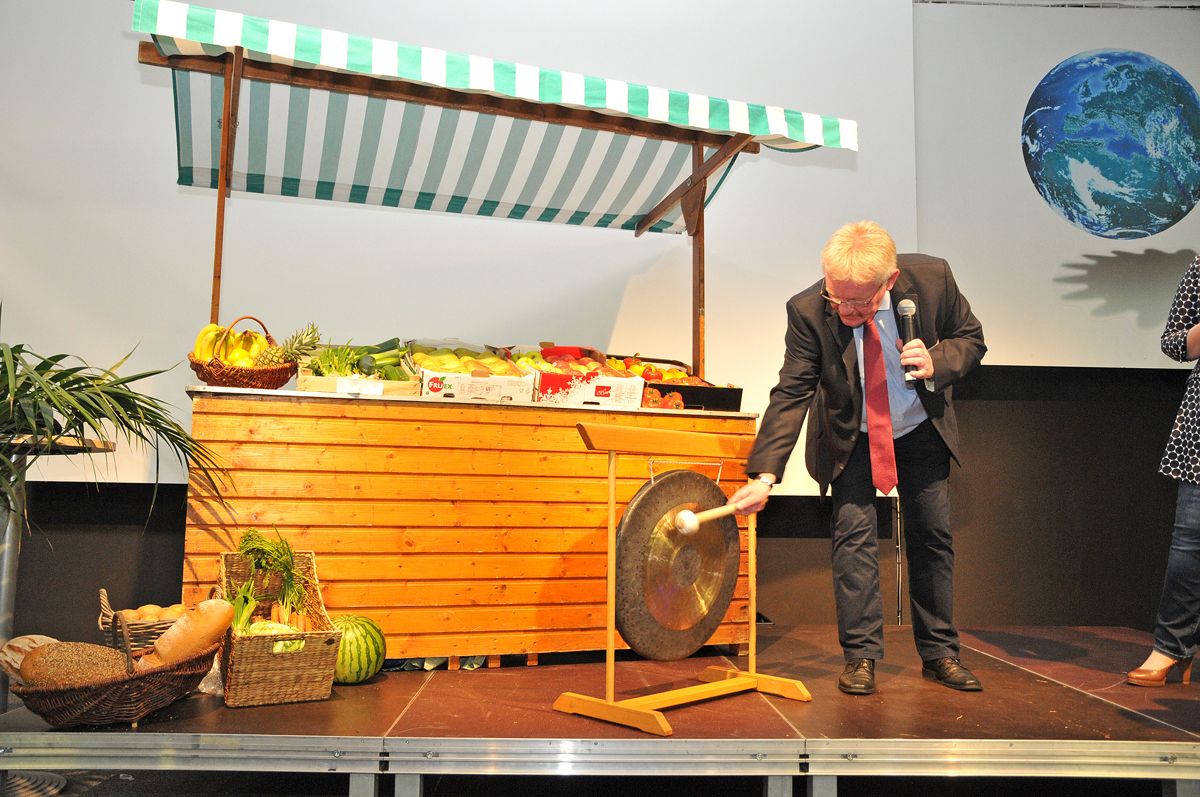
‘Speed dating’ for non-profits and companies paves pathways of mutual support, exploring opportunities for cooperation without using payments.